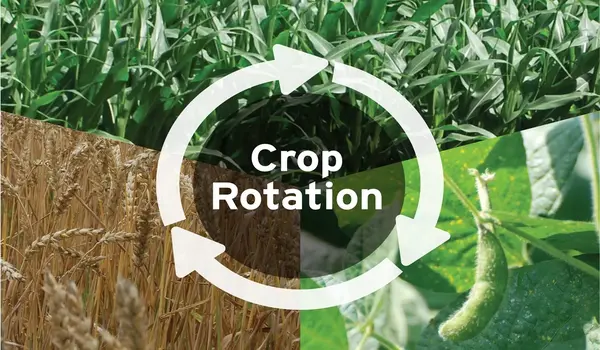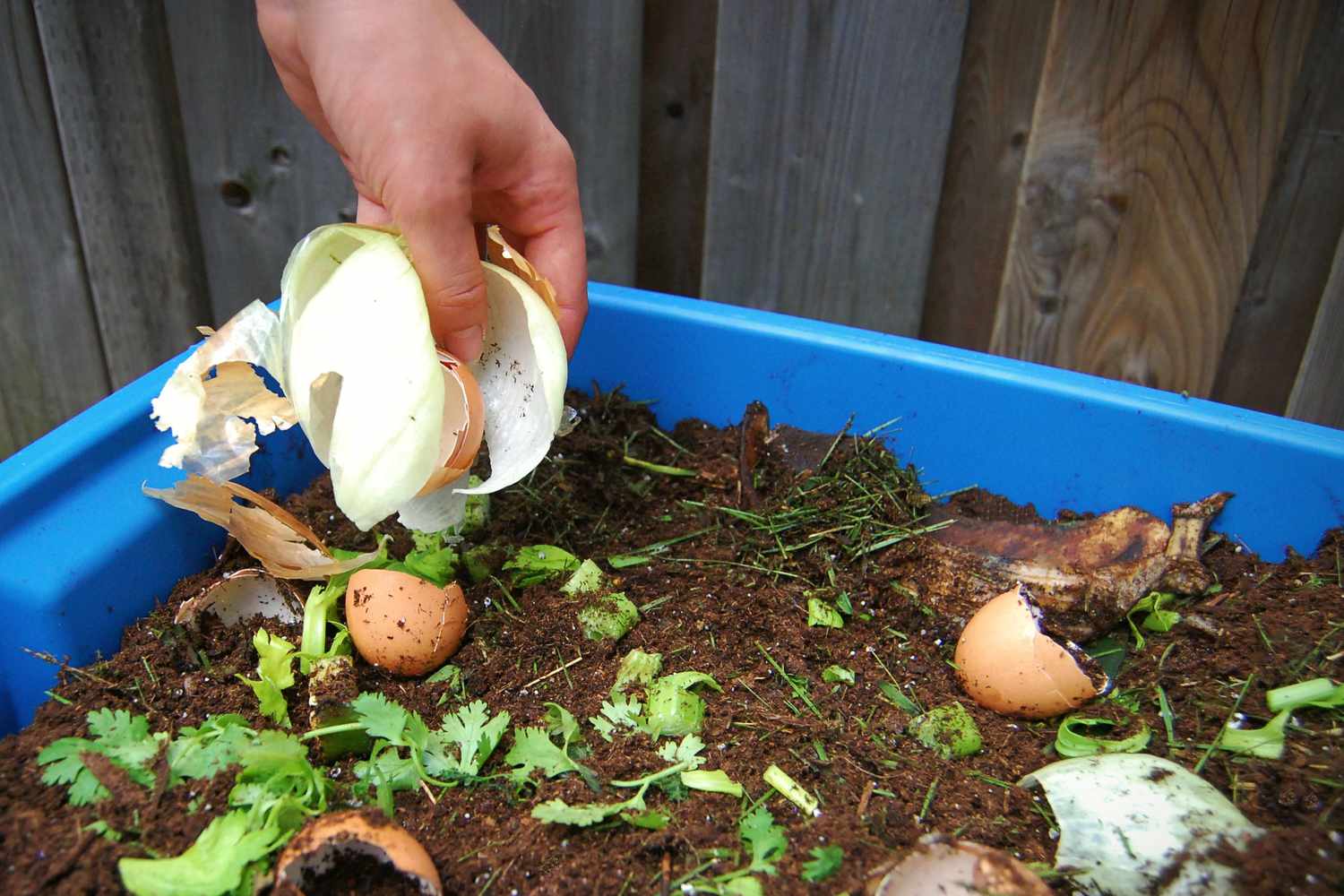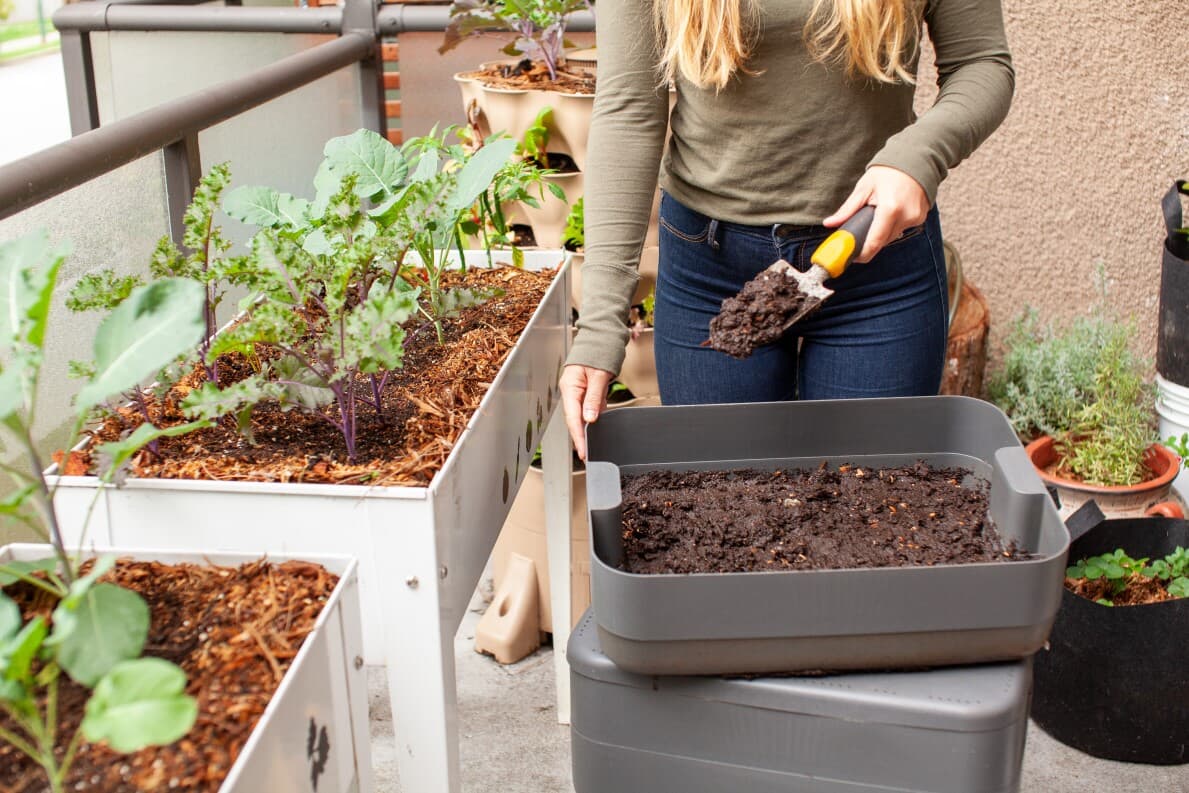Vibrant plants can be grown without a lot of complications. To ensure there are bountiful harvests or lots of green leaves, employing such products as organic fertilizers may be the best option. However, the question that boggles many is which one is ideal for their plants? It can be difficult to understand given the number of choices available in the market. Well, do not worry; I plan to get my hands dirty and assist you with it. You have the last sentence to understand as highlights in this guide. Get set to grow.
Let’s move into details, but before that, probably the most important question is, what makes a fertilizer “organic”? Organic fertilizers are obtained from natural sources such as plant material, animal manure, or even minerals. In fact, unlike chemical fertilizers that are manufactured in industries, organic fertilizers are a set of procedures to enhance the growth of your plants cooperatively with the processes of the soil. Compost, manure, bone meal, even seaweed would qualify!
But organic fertilizers do not limit themselves to nurturing the plants alone. They also improve the soil. It’s a win-win situation for every gardener, as they improve soil structure, encourage microbial activity, and tend to provide benefits to the garden. If you’re hoping for all the right reasons to pursue eco-friendly/chic gardening, organic fertilizers will help you realize your dream.
Types of Organic Fertilizers
It’s time to discuss options for organic fertilizers, as this is the path you have chosen (we figured this is where you would end up). Almost every gardener can be fascinated by the amazing variety of huge and colorful organic fertilizers.
First, homemade compost—what’s that? Compost is organic fertilizer and is synonymous with vegetable scraps and garden leftovers that have undergone decomposition. This is where the fun and DIY start. Next we have manure. Some people may dislike it, but there are numerous advantages to adding it to your soil. Manure is available from a wide range of cows, chickens, and horses, which are all great sources of nutrients for your plants if you age them first.
However, have you come across bone or blood meal before? They are not fantasy book addictive potions, but rather nutrients and specific fertilizers. Bone meal is high in phosphorus, which helps plants develop strong root systems, while blood meal helps plants make leafy and more attractive nitrogen. Finally, there are seaweed or kelp products to give plants care! Great supporters enhanced genetic development throughout the plant due to trace elements they contain.
Key Points When Picking for The Right Fit
Options are a lot, aren’t they? But the concern now is: how do you settle on your ideal one? No, it’s not as easy as swiping to the right; there are factors that you should look out for.
To begin, consider what your plant needs. What are you growing? If you are planting leafy greens, they will need nitrogen; if you are planting flowering plants, they will need potassium; and for root veggies, phosphorus is a must. Each organic fertilizer differs from one another vitamin-wise, so consider which vitamin(s) is most beneficial for your plants. The next factor to be taken into account would be the condition of your soil. At this point, every gardener’s paraphernalia has to include a soil testing kit! Does your plant’s soil require greater nutrients, or does the PH level cut off? Higher pH in soil can be enhanced by using fertilizers such as lime; lower pH can be achieved through sulfur. With all this information, you are bound to achieve success.
Another one? Your time and money. Making compost for yourself is almost free, but the problem is it takes a significant amount of time to decay. Whereas off-the-shelf organic fertilizers, although slower, are more visually appealing. Lastly, make sure that application needs are also considered. Liquid fertilizers are efficient in a shorter amount of time but require multiple applications, and granular fertilizers work in the opposite way. Take your time and pick what suits your gardening habits the most.
Best Practices for Application
Organic fertilization should be treated like cooking as serving; it is an art in itself; it is quite a complex procedure, but luckily we are going to explain it all to you. Begin the process by prepping the soil by stripping it of any potential roots or rubbish materials. This way, whatever nutrients are being applied will penetrate further down, and the roots can make full use of the nitrogenous substances.
Use a garden fork for the dry granular fraction’s use spores and sprinkle the product across the entire yard, making sure to brush the surface where the soil will be sprinkling watered afterwards. In case of liquid fertilizers, first get the recommended amounts and proceed to either spray it with a spray bottle on your plants for an instant boost in nutrients or later apply nourishing plants directly to the base side of the plants.
Within the process of navigating through liquid fertilizers, ensure to be aware of the time when you need to fertilize the yield; the best suited times are early mornings and late afternoons Also, be sure to refrain from fertilizing when it pours in that region, as fertilization and rains do not mix well together and evaporate all the good substances. Another key point to be what serves as a golden ‘rule:’Less is always more.’ whatever the recommended amount is recommended for a reason, it gives instructions to following the indications given; overdoing it may not only ruin the plant but may also hurt the balance of the soil.
Conclusion
Every inch of your garden can prosper using organic fertilizers, provided you select the right one. This seems easy, but it’s not in practice. It requires knowing your plants, the condition of your soil, and what strategies work best for you as a gardener. Enjoy the process of trial and error while learning with it. And remember: You are not only feeding the plants but also enhancing their lives for the coming generations. Have questions about a specific fertilizer or wish to know how to get started? Local stores and communities are always there to help you. There’s always a fellow plant lover ready to help you grow!
FAQs
1. Organic fertilizers—how frequently should I apply them?
It varies depending on the fertilizer but also the needs of your plant! As a rule of thumb, granular fertilizers need to be reapplied every four to six weeks; however, liquid fertilizers can be used every week or two depending on the growth stage of your plants.
2. Can I apply too much organic fertilizer, and will it be safe for plants?
Yes, you can! While many encourage over fertilizing, it won’t only damage the plants but actually lead to inconsistencies in the nutrient balance. Always stay true to the recommended dosage stated on the product label.
3. What distinguishes compost from manure?
Whereas compost comprises rot of plant and food wastes, manure is made up of animal waste. Both are high in nutrient values, but manure tends to have higher values for nitrogen.
4. Are organic fertilizers applicable as swiftly as their synthetic counterparts?
No, that’s not the case at times. Organic fertilizers would take time to spread nutrients as they are released over time and are ideal for the health of the soil in the long run, but one must practice a bit more.
5. Are organic fertilizers applicable in the cultivation of indoor plants?
Yes indeed! Ventilation and good dosage are the only requirements. Potted indoor plants do well with liquid organic fertilizer.




